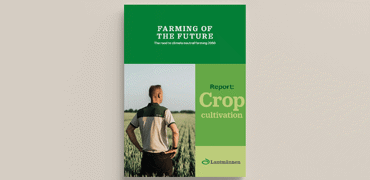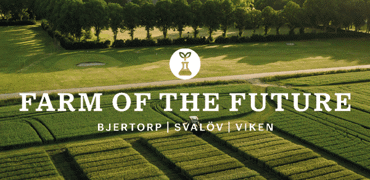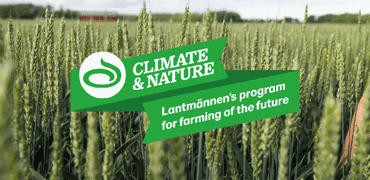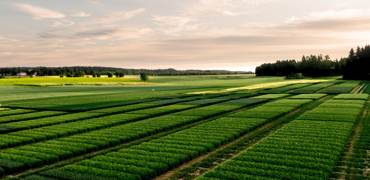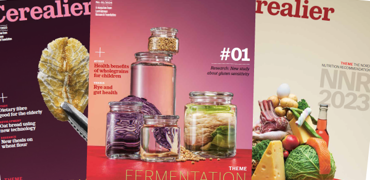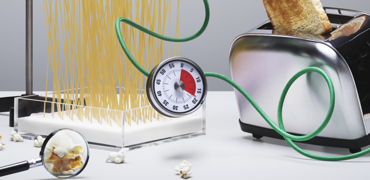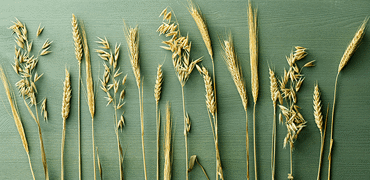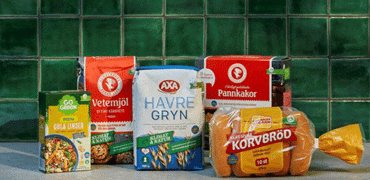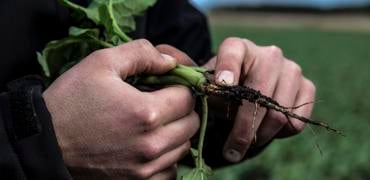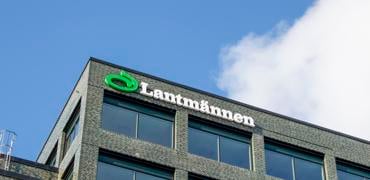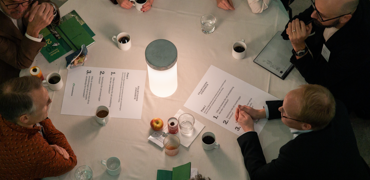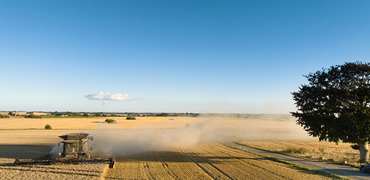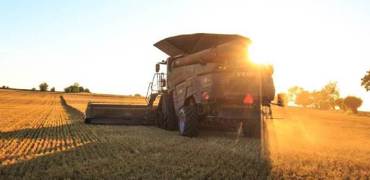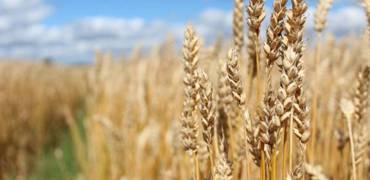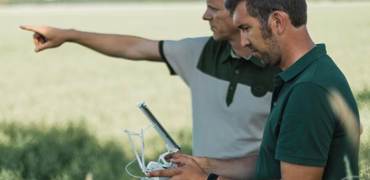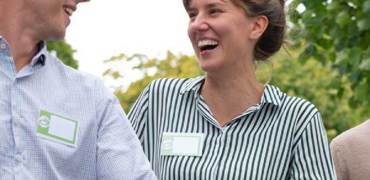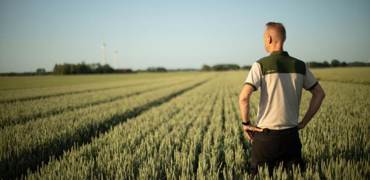After practicing orienteering for 15 years and developing supporting software for the sport, Erik Öhlund, co-founder of Svarta Räven, figured: If it’s possible to track his teammates while running through the forest, why wouldn't he be able to track his grazing cattle? The question popped up after years of animals escaping the fencing of his family’s farm. “It’s so easy to say, ‘I’m just going to check on the animals', but when you’re on-call every day for an entire summer it’s a different story, and a great responsibility,” Erik says.
Participants in Greenhouse 2018
In 2018, Erik and his business partner, Viktor Andersson applied to The Greenhouse with an idea: Using GPS technology to track grazing cattle’s activity. “We’d been testing the idea on our own and our neighbor's farm, but didn’t know how to take things further. Entering The Greenhouse program allowed us to meet other entrepreneurs, and hear from people across the Lantmännen network who were also working with agricultural inventions. Traditional accelerator programs don't focus all too much on agriculture, which is why the Greenhouse has been very fruitful,” he continues.
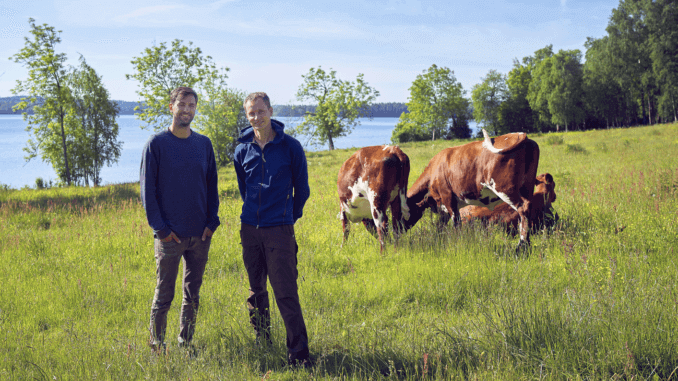
Growing the idea for the the world's first GPS-driven sensor for livestock
During the program, their idea developed and evolved into Goati - the world's first GPS-driven neck sensor for livestock. The technology includes the same functions that you’d otherwise have to track manually: Health status and ensuring that no animals have escaped. Digitally tracking cattle will not only save farmers a lot of time to work more efficiently, it will also allow for more proactive processes, enabling smarter choices for better results. Currently Goati is in its final stages of testing all functions and technicalities prior to launch - hopefully sometime after the summer.
“So far, the response has been great. We’re thrilled to have a market waiting for this technology, and to have the solutions that deliver. Most important right now is that we ensure that all the functions work accordingly.”
Although time has flown by since Svarta Räven’s Greenhouse participation, it’s been a long journey to get to where they are today. According to Erik, the biggest challenge of launching Goati came after The Greenhouse: “We knew all the steps we needed to take to launch Goati, so the real challenge was to implement everything that the Greenhouse has accelerated. Thanks to the program, we’d built up a network which allowed us to apply for a grant through the European Innovation Foundation and The Swedish Board of Agriculture. Because of that we’ve been able to take the necessary next steps, and now here we are, very close to the launch model of Goati. It feels so exciting, but also a bit scary!” Erik smiles.
The network and cross-industry synergies that The Greenhouse program enables is one of its many advantages. Another is the sharing of knowledge and collaboration. “One big learning that I bring with me to this day is negotiation skills. Regardless of whether you’re a small business owner or employee participating in the Greenhouse, you will absolutely benefit. We’re all reliant on collaborators to be able to grow,” Erik says. We couldn’t agree more.
As the team continues to develop, so will Goati. Next up the duo is looking into how the sensor can identify different types of animal diseases, amongst other features. According to Erik, the realm of Smart Farming has a ton of future potential. “How come there are electric cars but no electric tractors? I’m curious to see what the Tesla or the iPhone of agriculture will be. I see a lot of potential in exploring how small scale operations can work in symbiosis with larger scale operations.”
Another area of great potential is of course how to develop ideas that work towards sustainable farming in unconventional ways. “I’m beginning to hear more and more about generative agriculture, and my guess is that the Greenhouse will be very good in this area this year. All this land that we take for granted to be used for future crops, it’s not a given in 10 years, and it takes 15 years, easily, to develop smart agriculture systems. I guess our biggest challenge is time. Developing these products takes time, and we don’t have endless amounts of time.
So if our real challenge is speed to market, what would a Greenhouse Alumni’s wise words of advice be to this year's Greenhouse applicants? Erik smiles and confidently says, “Simplify your ideas and be sure to identify who the customer is. The Greenhouse does this really well, but it’s so important to emphasize: Know your customer.”






